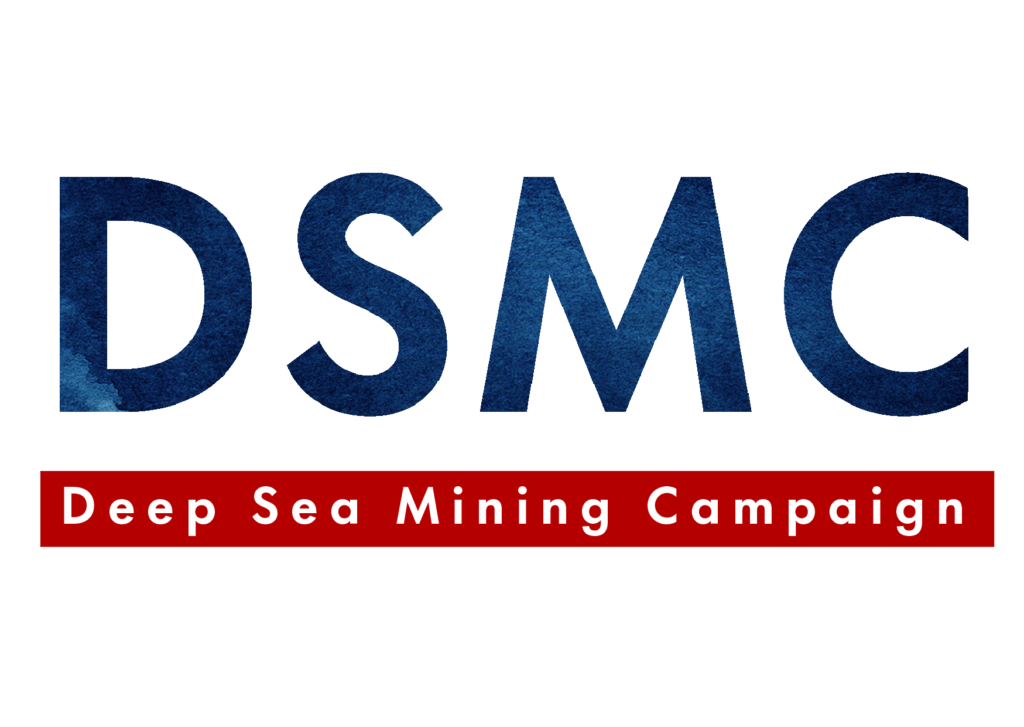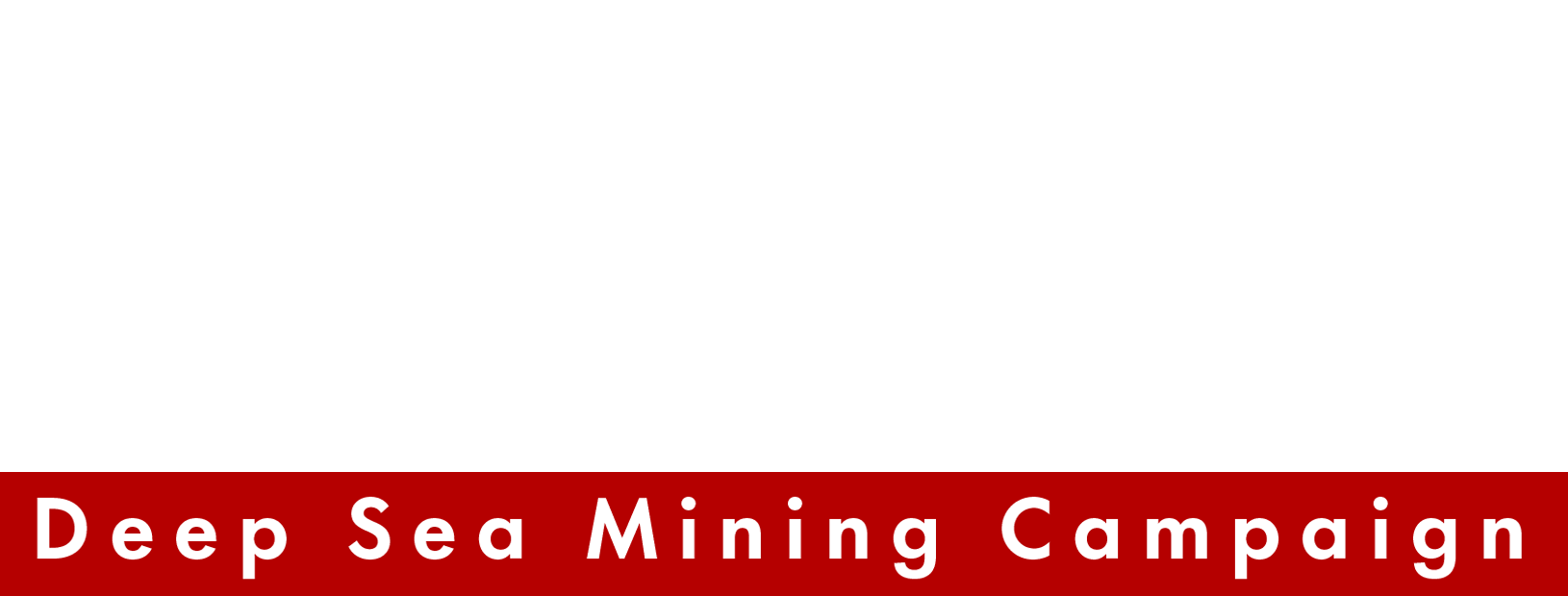MEDIA RELEASE
The Metals Company’s PR machine goes into overdrive to mask serious troublesMEDIA RELEASE | 22 November 2022 | Download

The Metals Company’s PR machine goes into overdrive to mask serious troubles
The Metals Company (TMC) sugarcoats the financial issues revealed by its final 2022 quarterly report as more governments call for deep sea mining to be paused and France demands an outright ban. In addition, the International Seabed Authority’s (ISA) ‘behind closed doors’ approval of TMC and AllSeas’ deep sea mining test operation has come under fire, heralding that the ISA secretariat’s reportedly cozy relationship with TMC senior management may finally be coming to an end.
Andy Whitmore, DSMC Finance Advocacy Officer stated:
“TMC’s quarterly report indicates $66.9 million cash on hand as of 30 September. This is only slightly more than TMC’s costs of $62.8 million for the first 9 months of this year. Despite a net loss of $27.9 million over the quarter, TMC claims financial security and sufficient funds to last another year.”
“TMC’s public relations machine is clearly not convincing investors if the company’s share price and market capitalisation are anything to go by. Before the merger that launched TMC, they had boasted it would be worth $2.9 billion. Today they only have a market capitalisation of $227 million. It is unclear what miracle TMC is anticipating at the one-year mark, with its bid to apply for a mining licence increasingly unlikely to succeed”.
TMC’s latest quarterly filing with the US SEC continues to highlight significant investor risk, including an ongoing class action by shareholders.
“The share price has stayed under $1 for over a calendar month despite TMC’s spin about the company’s pilot mining operation in the Pacific Ocean. This means TMC is on the path to violating Nasdaq stock exchange standards for the second time in just three months by trading below US$1 at closing bid price for 30 consecutive business days”, continued Mr Whitmore.
“In order to help cashflow TMC CEO, Gerard Barron noted Allseas will take their next $10 million payment in shares, allowing them greater control of the company. This scenario seems to repeat the trajectory of the now bankrupt Nautilus Minerals, Barron’s previous foray into DSM. Here the two major equity holders retained ownership of the assets when the company went under, at the expense of smaller shareholders and the Government of Papua New Guinea. Are Allseas preparing to inherit TMC’s assets at the point of bankruptcy?” asked Mr. Whitmore.
Dr. Helen Rosenbaum Deep Sea Mining Campaign (DSMC) Coordinator stated:
“Despite TMC boasting that their recent deep sea mining experiment was a success, [1] observers advise they were unable to answer technical questions as to the scope and effectiveness of the trial’s monitoring program during a presentation to ISA meeting delegates.”
“This included questions about the pollution discharged, plumes generated by mining nodules and the damage to the seafloor – the trial’s most critical environmental aspects. Our visual investigation, Blue Peril clearly demonstrates the gaps between TMC’s rhetoric and reality when it comes to potential risks and impacts.”
“The ISA has rushed the approval for what is effectively the first DSM operation in the global commons of the high seas – an area in which all of the world’s citizens have a stake. In so doing, the ISA has prioritised the narrow financial agenda of TMC and Allseas over the interests of its many member countries and their citizens.
“The DSMC has long spoken out about the corporate capture of the ISA, rendering it unfit for purpose as a regulatory body for this disputed industry’, concluded Dr. Rosenbaum.
FOR MORE INFORMATION
United Kingdom
Andy Whitmore, Deep Sea Mining Campaign
whit[at]gn.apc.org
Australia
Dr. Helen Rosenbaum, Deep Sea Mining Campaign
helen.rosenbaum1[at]gmail.com
_____
[1] See press release, quarterly results announcements E.g. The press release states “This pilot collection system trial and monitoring campaign is the single most important milestone in de-risking the NORI-D project”
